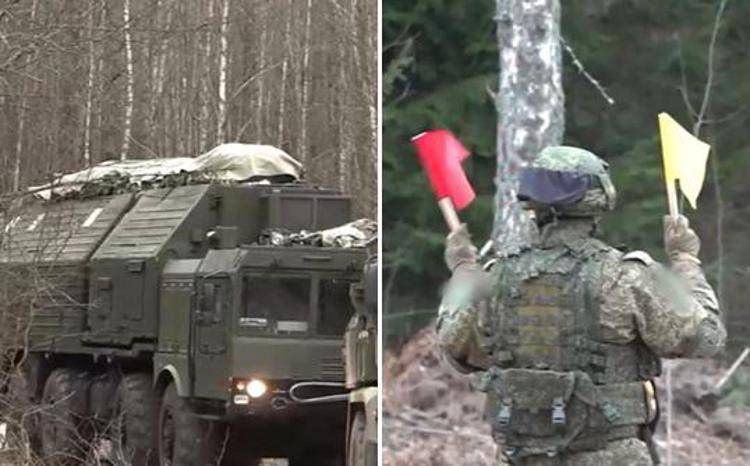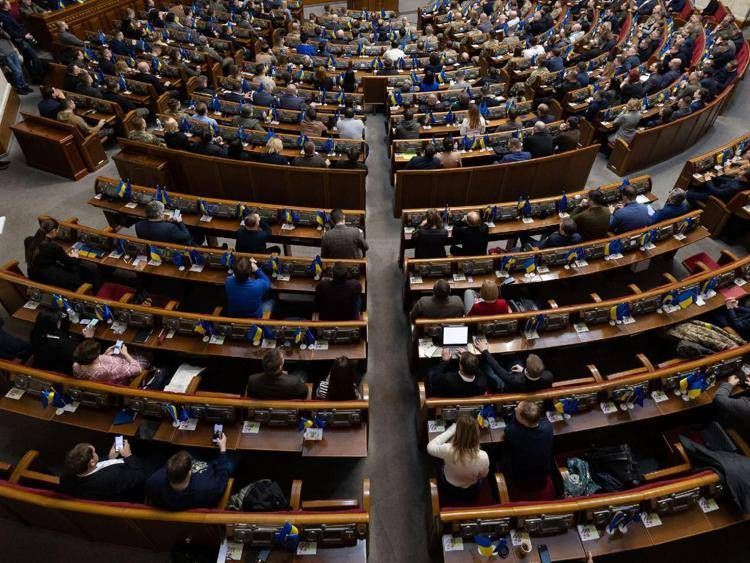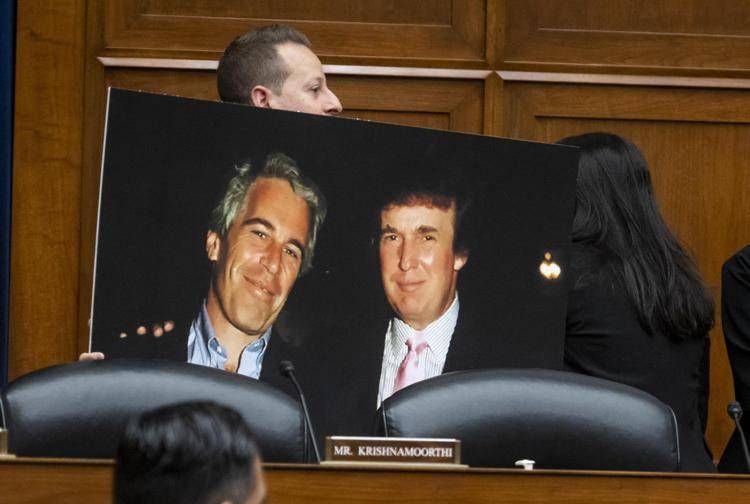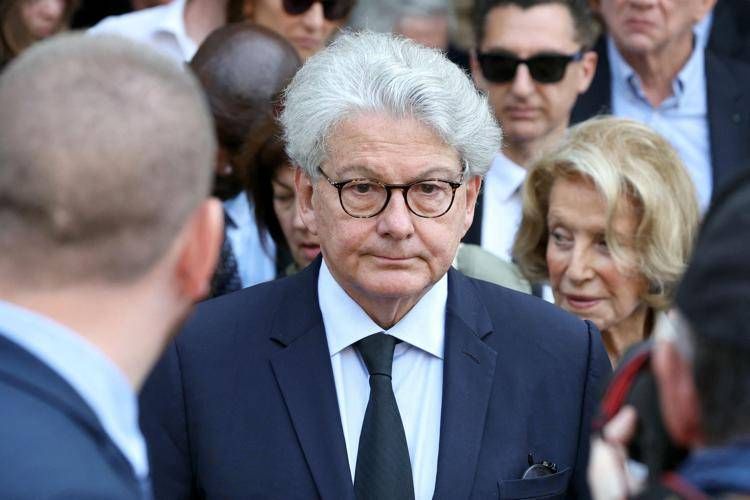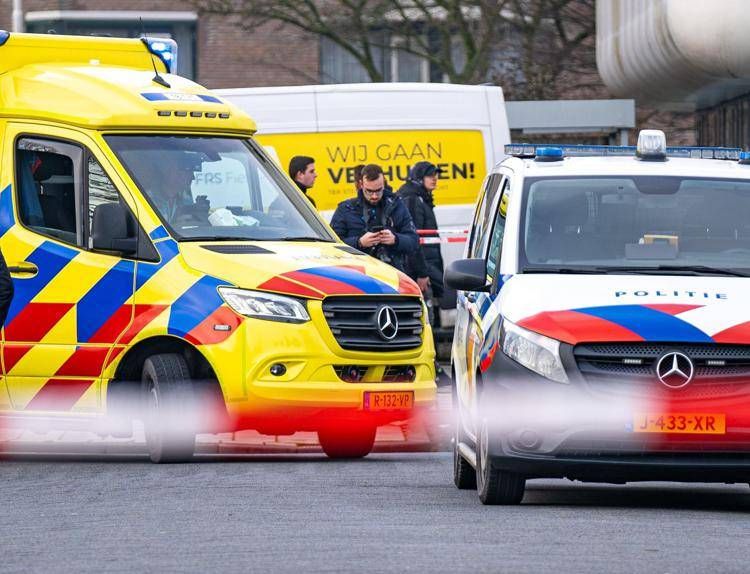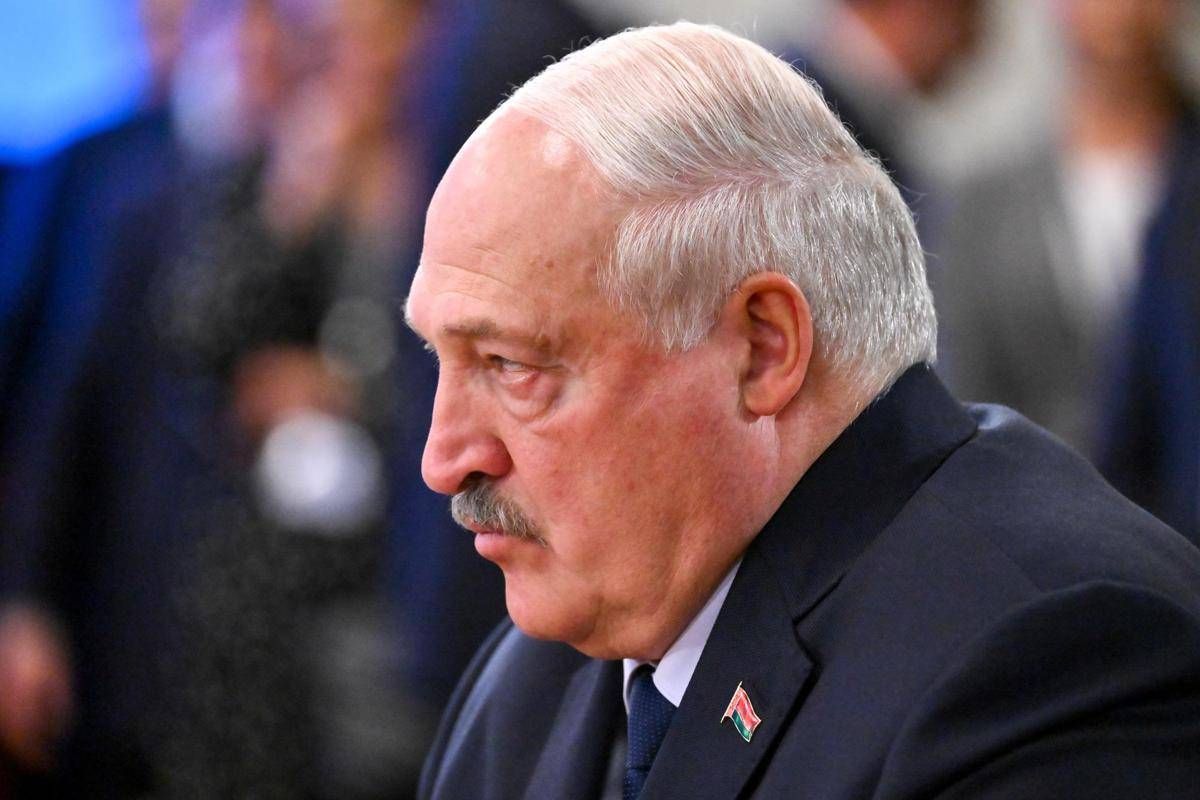
Elections in Belarus: climate of repression and fear over sham vote
-


Attacco Usa in Nigeria contro l’Isis, Trump: “Risposta al massacro di cristiani” VIDEO
-
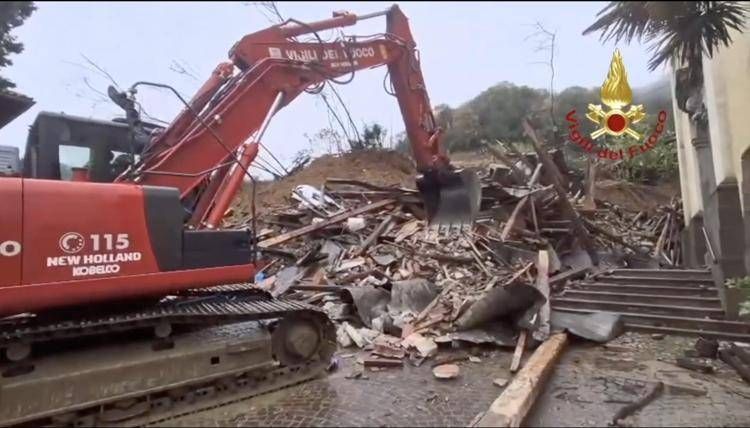

Frana a Cormons: disperso un giovane e un’anziana sotto le macerie VIDEO
-
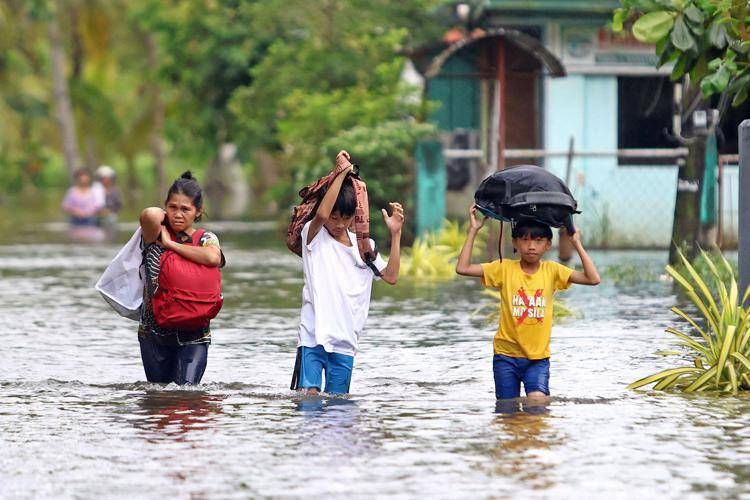

Tifone Fung-Wong colpisce le Filippine: un milione di evacuati VIDEO LIVE
-
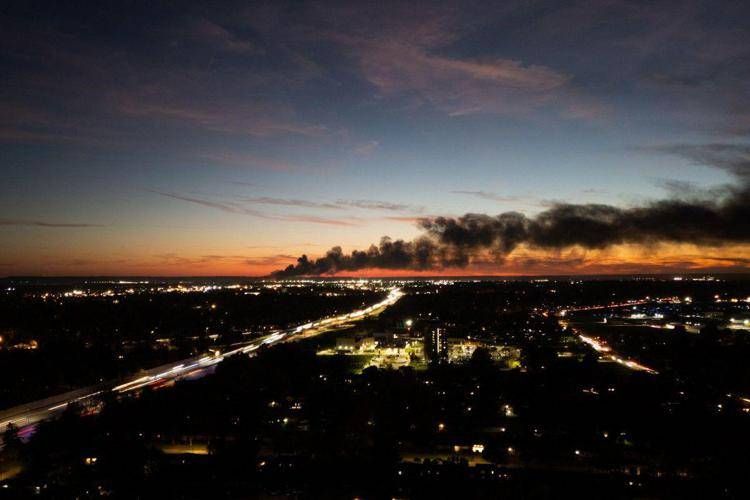

Cargo Ups precipita in Kentucky: sette morti e diversi feriti VIDEO
Lukashenko tries to hold on to power, while the country experiences a climate of oppression
Polls opened today, Sunday 26 January, for the elections in Belarus, in a climate marked by political repression and fear. These elections represent the first electoral test for Aleksandr Lukashenko since the disputed vote in 2020, which had seen the challenge of opponent Svyatlana Tsikhanouskaya and a wave of protests suppressed by force.
The political context
Running for president are five candidates, including Lukashenko himself, in power since 1994, three representatives of pro-government parties and Hanna Kanapatskaya, presented as an independent, but considered close to the regime. Despite the leader’s absolute control, this election may be his last: at 70 years of age and with possible health problems, Lukashenko has hinted at the need for a generational change in the country’s leadership.
Post-election scenarios include a transfer of power to one of Lukashenko’s sons, in particular the youngest and favourite, 20-year-old Kolya, or to the Security Council of the All-Peoples’ Assembly of Belarus, a body that has been granted constitutional status since 2022 and which Lukashenko himself presides over.
Repression and climate of fear
The vote is being held in a country where dissent is virtually nullified. There are 1,246 political prisoners, according to the human rights organisation Viasna, including Nobel Peace Prize winner Ales Byalyatski, journalists and activists, many of them detained without contact with family members or lawyers. Since 2020, more than 3,200 people have been convicted for participating in protests against electoral fraud, while the actual number of political convictions could be double that.
Repression is not limited to direct opponents, but also extends to their families. In some cases, the children of activists are taken away and sent to orphanages. In 2023, more than 2,200 people, including men, women and couples, lost their parental rights, with charges often related to their political activism.
The opposition in exile
Svyatlana Tsikhanouskaya, forced into exile in Lithuania after 2020, has asked citizens not to take to the streets to avoid further violence, but to express dissent by voting ‘against all’ on the ballot paper, an option under the Belarusian system. However, the crackdown on independent media and pervasive surveillance have stifled any space for freedom, preventing the population from organising itself.
THE LATEST NEWS
(Photo: © AndKronos)
-
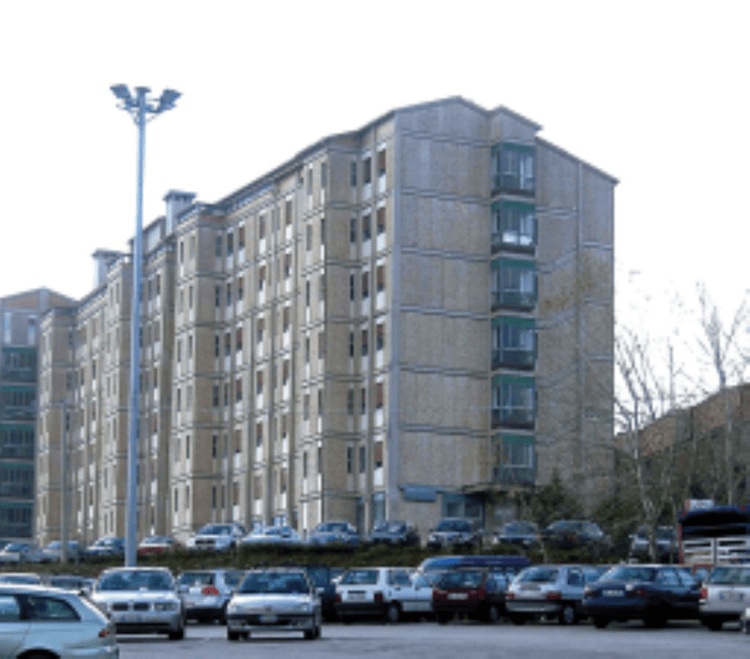
 News2 giorni ago
News2 giorni agoIntossicazione alimentare a Pietracatella, madre e figlia morte dopo la cena della Vigilia
-

 Flash1 giorno ago
Flash1 giorno agoPrezzi carburanti in calo: benzina ai minimi da oltre quattro anni
-

 Tecnologia1 giorno ago
Tecnologia1 giorno agoCome svuotare la cache su Android: pulizie di fine anno per liberare spazio
-

 News1 giorno ago
News1 giorno agoMorti per sospetta intossicazione a Campobasso: 5 indagati tra il personale sanitario


